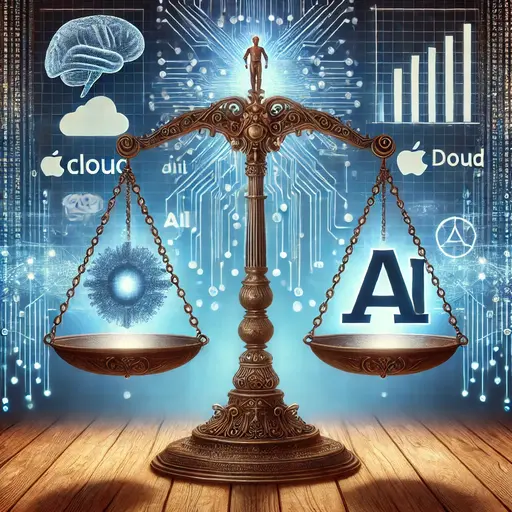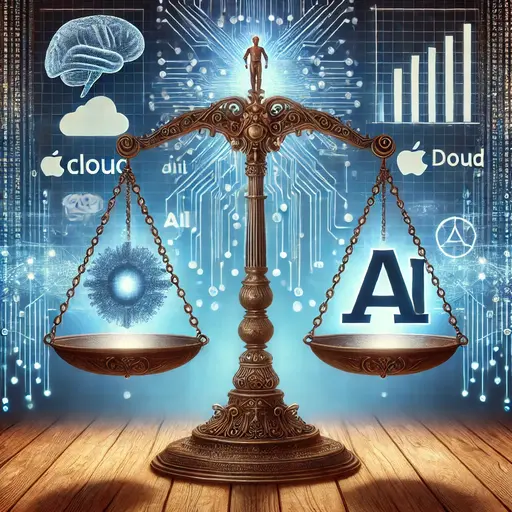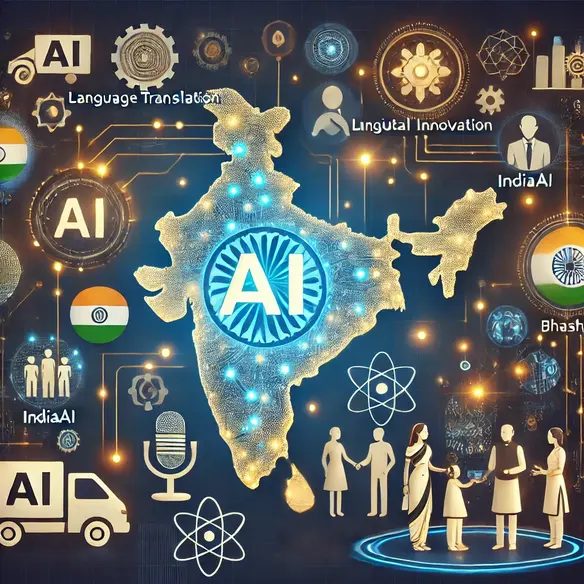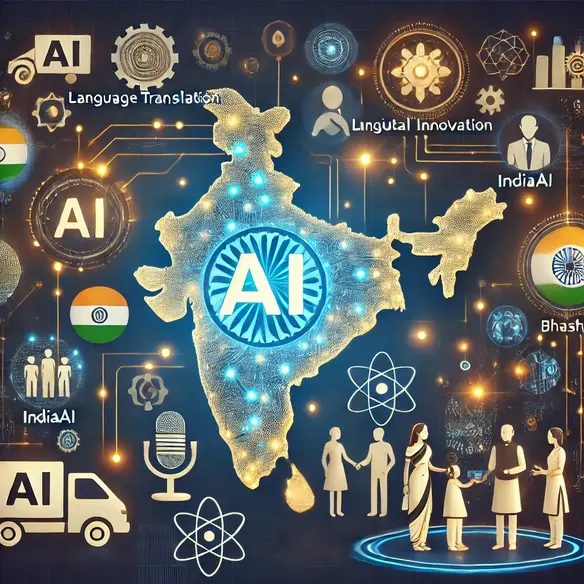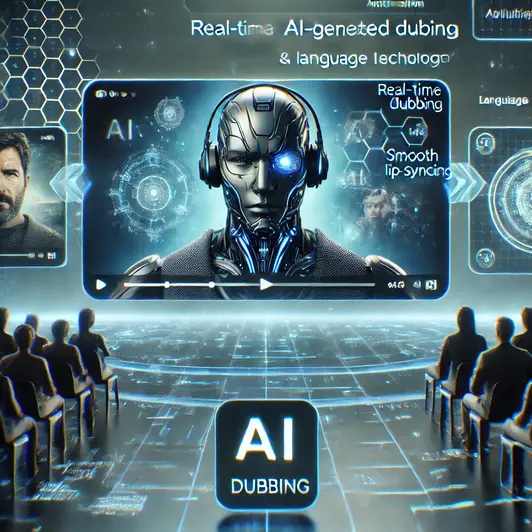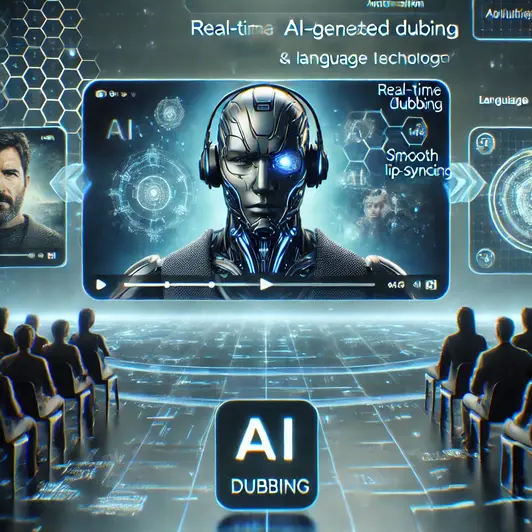
India’s Growing AI Talent Demand: A Looming Challenge
India, a global hub for technology and digital transformation, is facing an imminent shortage of skilled professionals in the field of artificial intelligence (AI). A recent study highlights that by 2027, the country will require an additional one million AI-skilled workers to meet the surging demand in industries ranging from IT and healthcare to finance and manufacturing. As AI adoption accelerates across various sectors, the shortage of qualified professionals could hinder India’s ambition to become a global leader in AI-driven innovation.
The report, conducted by leading research organizations and industry experts, points out that while India has a vast pool of tech talent, the current AI workforce is insufficient to keep up with the rapid advancements in machine learning, deep learning, and automation. The study further suggests that without significant investment in AI education, upskilling programs, and industry-academia collaboration, India may struggle to bridge the talent gap, potentially losing out on major economic opportunities in the AI revolution.

What Is Causing the AI Talent Shortage?
The growing demand for AI talent is being driven by India’s digital transformation efforts, increasing automation in businesses, and the rise of AI-driven startups. However, several factors contribute to the shortage of skilled professionals, including:
- Lack of Advanced AI Training Programs: While Indian universities and institutes offer basic AI courses, advanced AI research and training programs remain limited.
- Skill Mismatch: Many graduates lack hands-on experience in AI technologies, making them less employable in AI-intensive roles.
- Brain Drain: Many of India’s top AI talents move to international tech hubs like the U.S. and Europe for better career prospects.
- Industry Demand Outpacing Supply: AI adoption is growing exponentially across enterprises, outpacing the number of skilled professionals entering the workforce.
Government and Industry Response to the AI Talent Gap
Recognizing the urgent need to develop AI expertise, the Indian government and private sector are taking steps to address the talent crunch. Initiatives such as the National AI Mission and AI-focused skilling programs are being implemented to train professionals in AI and machine learning. Major tech companies, including TCS, Infosys, and Wipro, are also launching specialized training programs to reskill their workforce in AI technologies.
The Indian Institute of Technology (IITs), Indian Institute of Science (IISc), and other leading institutions have started introducing AI-focused degrees and research programs. Meanwhile, startups and multinational corporations are offering lucrative AI job roles to attract top talent within the country.
The Road Ahead: Can India Bridge the AI Talent Gap?
With AI poised to contribute significantly to India’s GDP in the coming years, addressing the AI talent shortage is crucial for economic growth. Experts believe that a multi-pronged approach, including stronger AI-focused education, corporate upskilling initiatives, and government support, will be key to meeting the one million skilled worker requirement by 2027.
India has the potential to become an AI powerhouse, but the country must act swiftly to build a future-ready workforce. By fostering AI talent through education, innovation, and strategic partnerships, India can secure its position as a global leader in AI development and application.
Sources-


